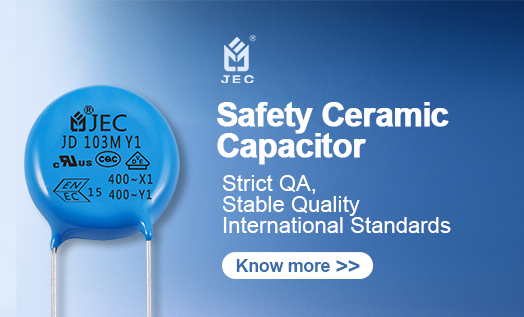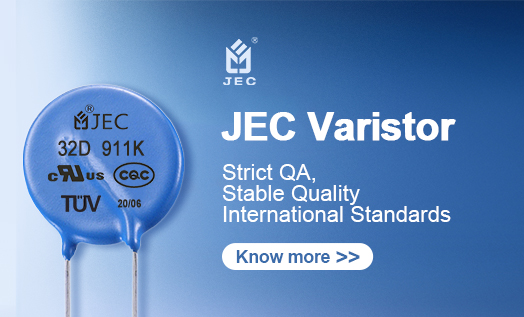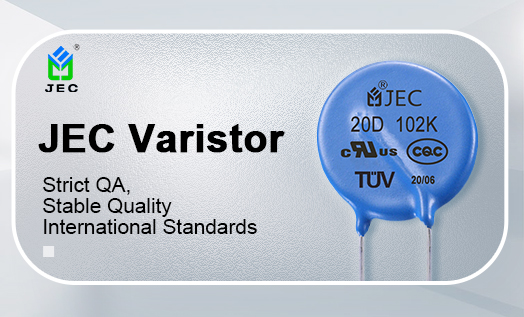Jun. 01, 2023
Going on a vacation is a joyful occasion, but it can be quite frustrating when your smartphone reminds you that it's running low on battery and needs to be charged.
Since the introduction and popularization of smartphones, battery life and endurance have been ongoing issues. This is mainly due to the multitude of functions smartphones offer, which consume a significant amount of power. Smartphones use lithium batteries, which have several advantages over previous types like nickel-cadmium and nickel-metal hydride batteries. These advantages include larger energy reserves, lighter weight, longer usage time, faster charging speed, and shorter charging time.
As smartphones have continued to improve and advance, their charging speed has also increased. However, when it comes to charging speed and time, lithium batteries still can't match supercapacitors.
Supercapacitors are a new type of energy storage device that falls between traditional capacitors and batteries. They offer several advantages, such as shorter charging time, high power output, and long usage time. Supercapacitors have found extensive applications in the field of new energy vehicles.
The performance of supercapacitors is determined by the structure of the carbon electrode material. Research has shown that the more irregular the carbon material structure used to manufacture the supercapacitor electrodes, the larger the surface area, and the greater the charge adsorbed on the carbon material. As a result, the energy storage capacity and capacity of the supercapacitor increase, along with its ability to withstand high voltages.
The power density of supercapacitors is tens of times higher than that of lithium batteries. Within a short period, supercapacitors can release currents in the range of hundreds to thousands of amperes. Therefore, the charging speed of supercapacitors is even faster than that of lithium batteries, and the charging time for supercapacitors is shorter. Super capacitors can reach 90% of their rated capacitance within 10 seconds to 10 minutes, while lithium batteries only reach 75% after half an hour of charging.
In terms of charging speed, supercapacitors are superior. However, the capacitance of supercapacitors remains a challenge. Although supercapacitors have a much larger capacitance compared to other capacitors of the same volume, they still cannot match the capacitance of lithium batteries. This is why lithium batteries are still predominantly used for energy storage purposes.

Why Shouldn't the Capacitance of Y Capacitors Too Large
Jun. 01, 2023

Jun. 01, 2023

Semiconductor Components: Zener Diodes and Varistors
Jun. 01, 2023
+86 181 2299 5593
+86 18122995593
+86 769 8831 3605
Beside Luchong Bridge, Hou Road, Caibai Village, Daojiao Town, Dongguan, Guangdong, China
Navigation